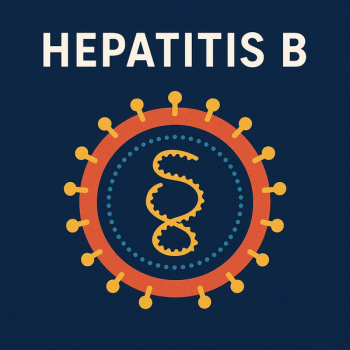
A decade-long study finds the ratio independently predicts risk, with patients aged ≥30 facing higher progression rates.

A decade-long study finds the ratio independently predicts risk, with patients aged ≥30 facing higher progression rates.

Stenotrophomonas maltophilia is an opportunistic, multidrug-resistant pathogen that poses significant treatment challenges due to its complex resistance mechanisms, limited therapeutic options, and high mortality rates among vulnerable patients.

First-in-class IL-15 agonist aims to address persistent post-COVID symptoms by enhancing immune clearance and restoring T cell memory.

Deeksha Jandhyala, MD, discusses how her team works to prevent infections and provide clinical assistance for transplant candidates.
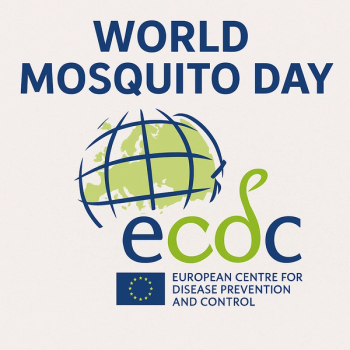
ECDC warns climate shifts are driving longer mosquito seasons and expanding disease transmission, calling for stronger surveillance, vector control, and clinician preparedness.

This review highlights how people living with HIV are living longer due to antiretroviral therapy but face unique age-related health challenges, including cardiovascular disease, metabolic syndrome, renal dysfunction, neurocognitive decline, immunosenescence, bone loss, and frailty, requiring tailored screening and management strategies.

Philippa Easterbrook, MD, MPH, FRCP, explains barriers in primary care, the promise of community models, and how simplified guidelines could expand access to treatment.

George Bchech, MD, details his experience within the AHN ID-CCM fellowship.
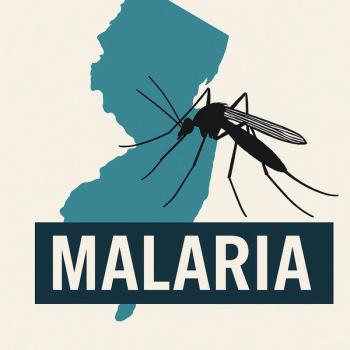
Morris County resident was infected despite no recent travel; risk to public remains low, officials say.

Julia Moore Vogel, PhD, says the LoCITT study aims to expand access through a fully remote design using CareEvolution’s MyDataHelps platform.

Biosurveillance is an essential early warning system for detecting and responding to infectious disease threats, helping to prevent localized cases from becoming widespread outbreaks or pandemics. Despite its proven value during crises such as COVID-19, biosurveillance programs often suffer from inconsistent funding and support, underscoring the urgent need for sustained investment and integration into public health infrastructure.
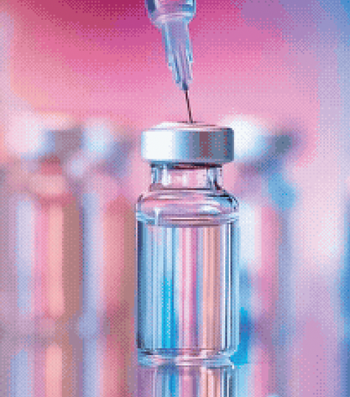
Clinical trial and real-world data, including the PROVE study, support its role as an effective and carbapenem-sparing therapy for serious infections, though outcomes vary depending on pathogen and infection type.

In the second episode of Allegheny Health Network’s (AHN) Media Day, Cassandra Oehler, MD, provides insights on HIV care at AHN's Positive Health Clinic (PHC), including the comprehensive services they offer and how they are involved in clinical trials using long-acting injectables.
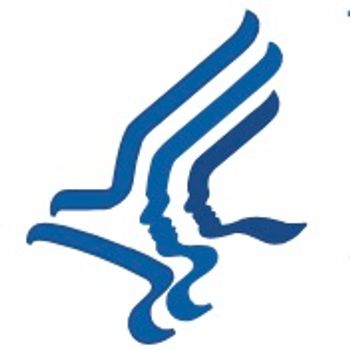
The renewed federal panel aims to improve vaccine oversight and restore public trust amid declining immunization rates and ongoing concerns about vaccine ingredients.

C difficile carriers faced a higher baseline risk for hospital-onset infection compared to noncarriers, and this risk was not significantly influenced by antibiotic use.

Doxycycline postexposure prophylaxis is associated with emerging tetracycline resistance in Neisseria gonorrhoeae and commensal organisms, highlighting the need for cautious, targeted use.

This week, predictive microbiome models for C difficile, synergistic antibiotic strategies for E faecalis, to pharmacy-led hepatitis C care, and more.

Pranita Tamma, MD, MHS, continues her conversation about a study she was involved in that compared ceftolozane-tazobactam and ceftazidime-avibactam. She discusses the usage of inverse probability weighting with propensity scores to balance patient groups and limit bias.

The comprehensive program provides instruction in both specialties to enable fellows to treat the most critically ill patients.

The FDA announces two voluntary recalls so far in August 2025 for Camembert and Brie cheeses sold in multiple states and NYC.

As virus season begins, Leilani Valdes, MD, MBA, FCAP, highlights the lab’s role in early detection and the importance of informed, respectful dialogue on vaccines.

A recent literature review describes the current state of artificial intelligence tools for guiding antimicrobial therapy. Are you ready for change?
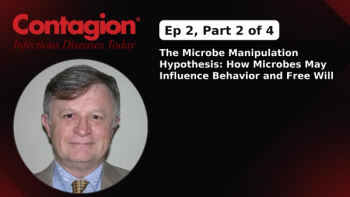
Ep 2, Part 2 of 4, Robert Bransfield, MD, discusses how microbes may influence violent behavior and global instability through biological and environmental pathways.

A preventable crisis, measles, makes a dangerous comeback.

Ty Stoner of Walgreens Specialty Pharmacy on navigating barriers, building partnerships, and improving access for vulnerable populations.

Jose Alexander, MD, offers insights on these antimicrobial combinations when treating against this bacterium.

Pathologist Leilani Valdes, MD, MBA, FCAP, explains the role of PCR testing, early surveillance, and vaccine education in protecting community health.

A new study finds that personalized gut microbiome models may predict C difficile colonization risk and guide targeted probiotic treatment.

If this GSK antibiotic is approved, it will provide a new oral option to patients in the US who are currently relying on injectable treatments.

A multi-prong approach reduces inappropriate antibiotic prescribing to outpatients with upper respiratory tract infection.